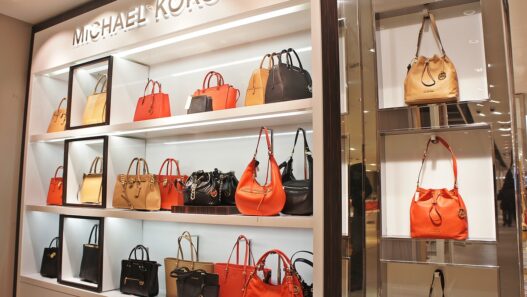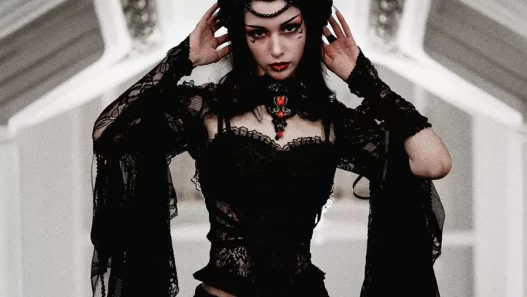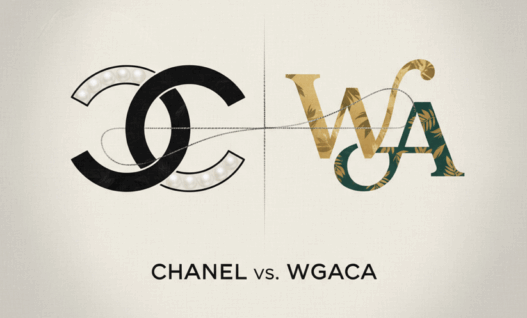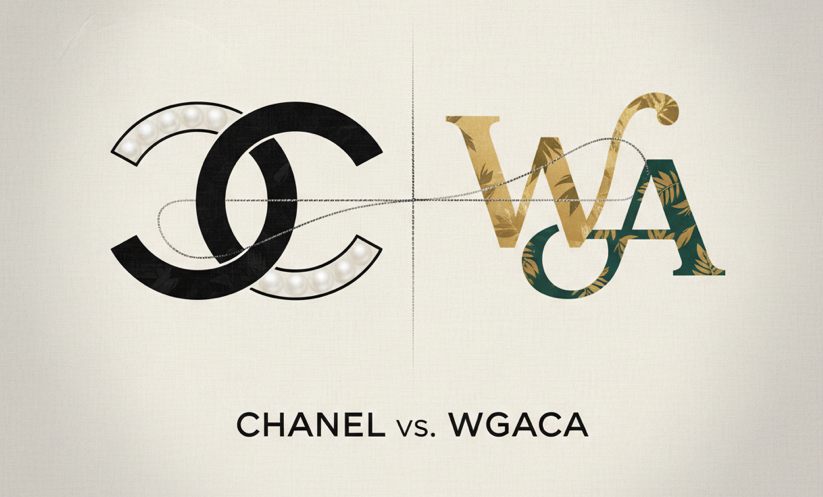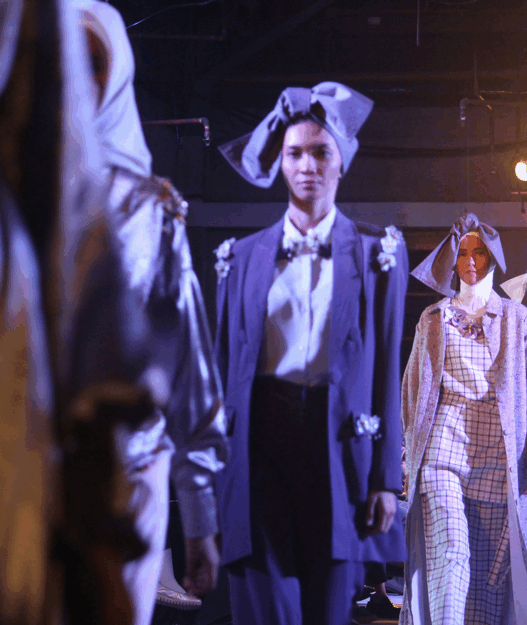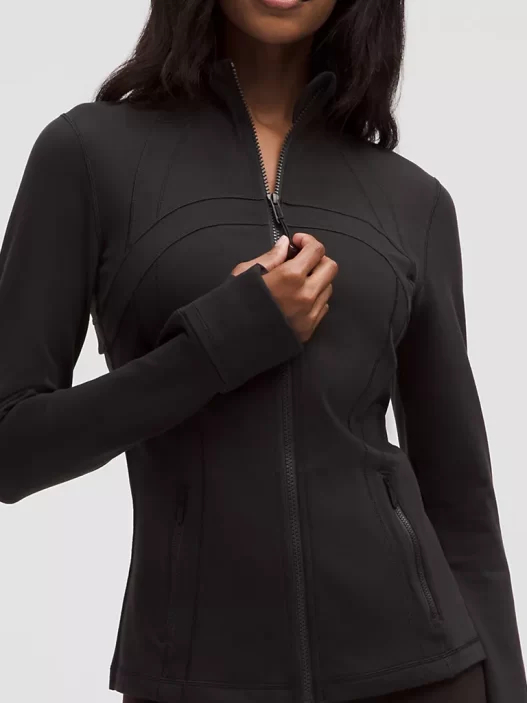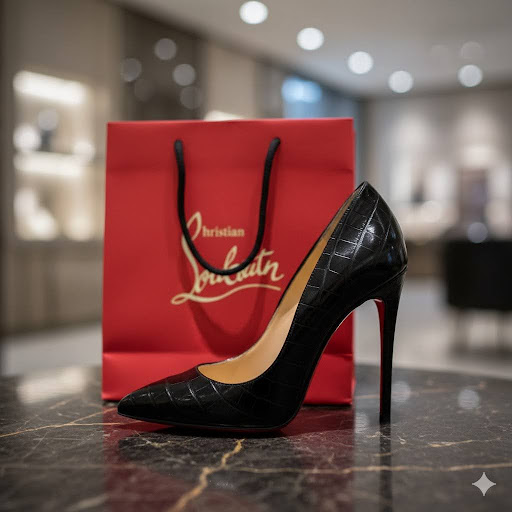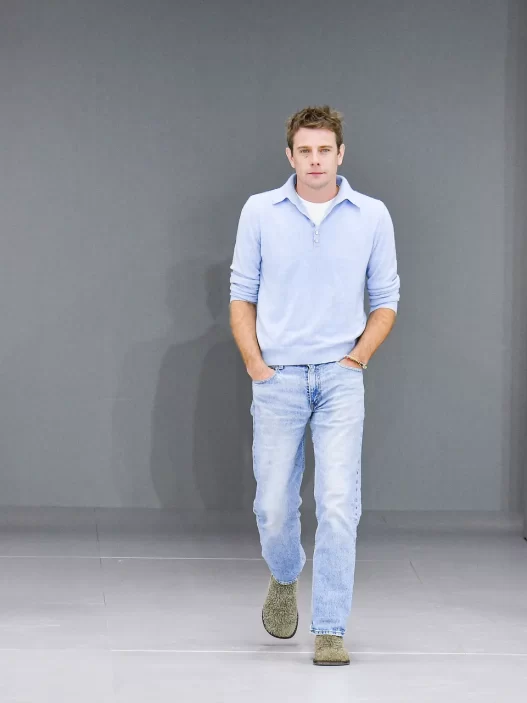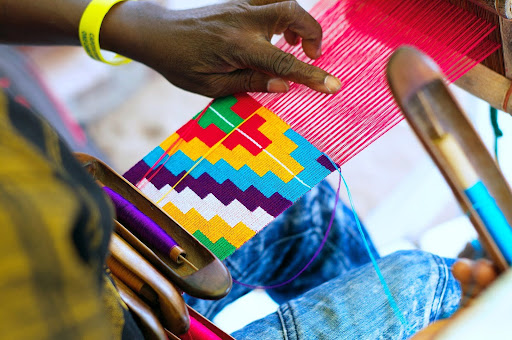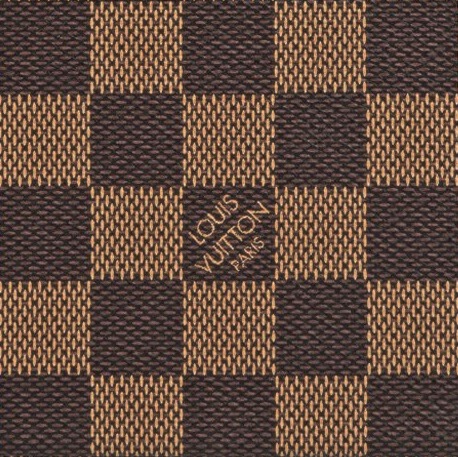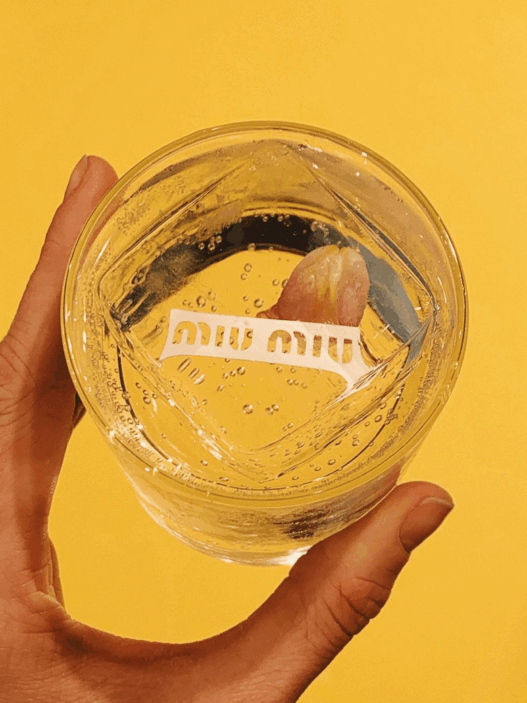The Resale’s Legal Flashpoint
The luxury resale market was supposed to be the good guy. Circular fashion. Sustainability. Accessibility. All the nice words.
But as it turns out, it’s not that simple.
Worth over a billion dollars now, the resale scene has evolved from a quiet vintage obsession into a full-blown industry, prompting major fashion houses to take legal action. And in the middle of it all, one case changed everything.
Chanel, Inc. v. What Goes Around Comes Around (WGACA). A six-year-long legal war that finally ended in 2024. Chanel won. And not just technically. It was a statement. A warning shot to every reseller in the luxury world.
This wasn’t about one store selling a few used handbags. It was about power, control, and the blurry line between authenticity and appropriation.
Chanel’s Claims: Where It All Began
Chanel came in swinging with two main accusations. One about marketing, the other about fakes or well, “non-genuine” goods, as the lawyers called them.
First, the marketing mess.
WGACA wasn’t just saying “We sell Chanel bags.” They were acting like Chanel’s cool younger cousin. The one you’re not sure is actually family but looks just close enough.
They put the interlocking C logo everywhere. Storefronts. Ads. Emails. Even hashtags like #WGACACHANEL and “Coco Chanel Birthday Sale.”
No disclaimers. No clarification. Just a vibe that screamed “We’re basically Chanel.”
Legally, that’s a problem. The Lanham Act allows you to mention a brand name to describe what you’re selling. But not if you make it look like the brand approves of you. Chanel argued WGACA did exactly that. And honestly, the jury agreed.
One customer even walked into a Chanel store trying to use a WGACA promotion. That was enough proof.
Then came the authenticity storm.
WGACA said every bag they sold was genuine. Chanel said, Prove it.
It turns out that some of the so-called “authentic” bags actually came from Chanel’s Italian factory but had failed quality control years ago. These weren’t supposed to be out in the world at all. Chanel never approved their sale.
And in the eyes of the court, that made them non-genuine.
WGACA also sold branded displays, such as small trays and mirrors, meant for Chanel stores only. Those weren’t retail goods either. Basically, things that should’ve never been on sale were being sold for thousands.
So Chanel’s argument was simple: the first sale doctrine doesn’t protect you when the first sale never happened.
WGACA’s Side of the Story
WGACA wasn’t backing down. They said, “Hey, we’re not pretending to be Chanel, we’re just selling Chanel stuff.”
Their defense rested on two main ideas:
Nominative fair use and the first sale doctrine.
For nominative use, they said they only mentioned “Chanel” because that’s what they were selling. “How else do we describe a Chanel bag?” was the vibe. They said people already expected to see the name. It wasn’t trickery, it was commerce.
And as for the first sale rule, they argued that once Chanel sold a bag, it couldn’t control what happened next. If someone buys it and sells it again, that’s life. Chanel doesn’t own the bag anymore.
But the problem? Chanel never sold those particular bags in the first place. Some were pulled out before even hitting stores. And others, like those display trays, were never for sale at all. So Chanel’s rights hadn’t been “exhausted,” and WGACA’s whole argument fell apart.
The Jury’s Verdict
In February 2024, the Southern District of New York made it official: Chanel wins.
WGACA was found guilty of willful trademark infringement, false association, deceptive advertising, and unfair competition. They were ordered to pay $4 million in damages.
More than the money, though, was the message: authenticity isn’t enough anymore. You need provenance. You need to know where your goods came from, and you need to tell people the truth about your relationship with the brand.
The court didn’t buy the “oops, we didn’t know” act. It said WGACA acted with reckless disregard, maybe even knowing what they were doing. That made the infringement willful, which is basically the legal way of saying, “Yeah, you knew better.”
The Ripple Effect
This case changed everything for the resale world.
Luxury brands now have a legal roadmap to fight back against resellers. And resellers? They’ve got new homework.
First, they can’t just authenticate items anymore; they have to prove where they came from. “It looks real” won’t cut it.
Second, marketing needs to be neutral. No “Chanel week.” No “Gucci flash sale.” No “Birthday of Coco Chanel” type gimmicks.
Third, disclaimers are mandatory. WGACA must now explicitly state that its Chanel items are neither endorsed by Chanel and not authenticated by Chanel.
That last part? It’s a huge shift. Because most people shopping secondhand assume there’s some kind of connection. Now resellers must dispel that assumption up front.
Bigger Picture: Circular Fashion vs. Control
Here’s where it gets interesting.
We talk about circular fashion and sustainability like they’re the future (and they are). But luxury brands have spent decades building the illusion of exclusivity. If anyone can sell their bags, use their logos, and profit off their reputation, that illusion breaks.
So Chanel’s move wasn’t just legal, it was symbolic. They were drawing a line: you can resell our bags, but you can’t borrow our brand.
And honestly, it worked. The case set a tone. Other brands like Louis Vuitton, Hermès, Dior, are probably watching very closely.
What It Means for Law Students and Startups
If you’re studying fashion law or dreaming of launching your own resale brand, this case is your wake-up call.
- You can’t rely on “authenticity” unless you have real documentation.
- You can’t make your marketing too cute with brand names or hashtags.
- You need clear disclaimers. Every time.
- And if you’re unsure, stay neutral. Because one wrong hashtag could cost you millions.
In a way, Chanel v. WGACA is a reality check for the circular economy. It’s not anti-sustainability; it’s just saying that sustainability doesn’t cancel IP law.
The Bottom Line
This wasn’t just Chanel vs. a reseller. It was old luxury vs. new fashion ethics.
And luxury won, for now.
Chanel proved that its trademarks aren’t just about labels; they’re about legacy.
WGACA learned that “authentic” means nothing without “authorized.”
And the whole resale market? It’s been put on notice.
Authentication isn’t enough anymore. Provenance is everything.



